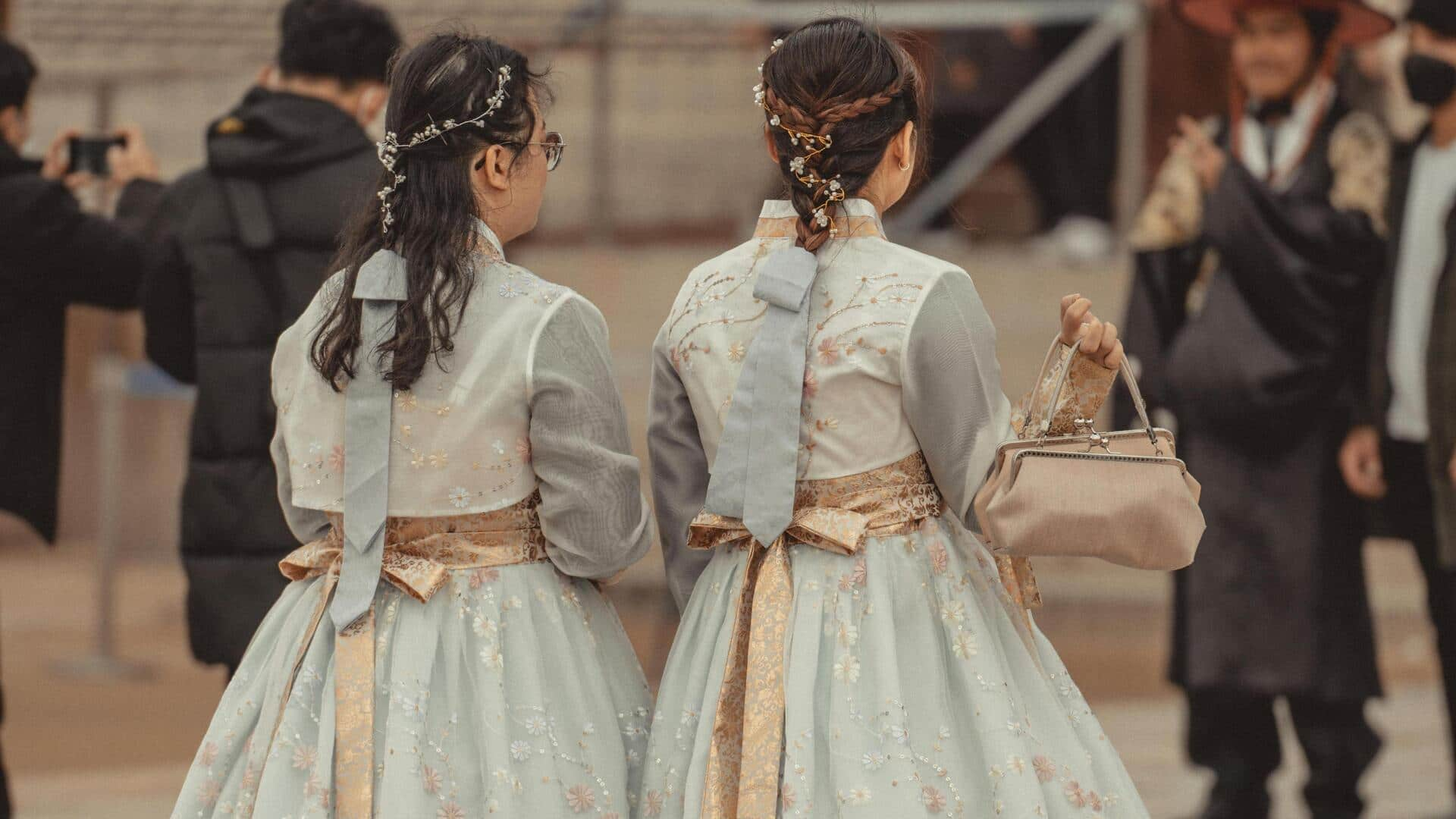
Korean festivals that bring tradition to life
What's the story
Korea has a rich cultural heritage, and its festivals are a testament to that. These celebrations are steeped in history and tradition, giving a glimpse of the country's values and customs. From colorful parades to traditional music and dance, Korean festivals are a treat for the senses. They not only bring communities together but also keep age-old traditions alive for generations to come.
#1
Chuseok: The Korean harvest festival
Chuseok is celebrated in the fall, and is similar to Thanksgiving. Families pay respects to their ancestors with a ritual called Charye. They also prepare traditional foods such as songpyeon, rice cakes filled with sweet ingredients. The festival lasts three days, allowing people to travel long distances to be with family. Chuseok highlights gratitude for the harvest and the importance of familial bonds.
#2
Seollal: Lunar New Year celebrations
Seollal marks the beginning of the lunar calendar year in Korea. The festival is celebrated with various customs like wearing hanbok (traditional clothing) and performing rituals like Sebae, bowing to elders as a sign of respect. Families play folk games such as Yutnori and enjoy traditional foods like tteokguk, rice cake soup that symbolizes the new year's growth and prosperity.
#3
Dano: Celebrating springtime traditions
Dano is celebrated on the fifth day of the fifth month in the lunar calendar. It marks the arrival of spring and is celebrated with various activities like swinging on a swing set called Geuneumseok, washing hair with sweet flag water for good luck, and enjoying traditional dances called Ganggangsullae under moonlit skies.
#4
Gwangbokjeol: National Liberation Day
Gwangbokjeol, observed on August 15, celebrates Korea's liberation from Japanese rule in 1945. The day is marked by flag-raising ceremonies, parades, and cultural performances. It serves as a reminder of Korea's resilience and unity in the face of adversity, while honoring those who fought for freedom.
#5
Jeongwol Daeboreum: Full moon festival
Jeongwol Daeboreum marks the first full moon of the lunar year, celebrated with bonfires called Bureom and eating nuts to ward off bad luck. This festival, which lasts for 15 days, symbolizes hope and renewal, and is a time for families and communities to come together.